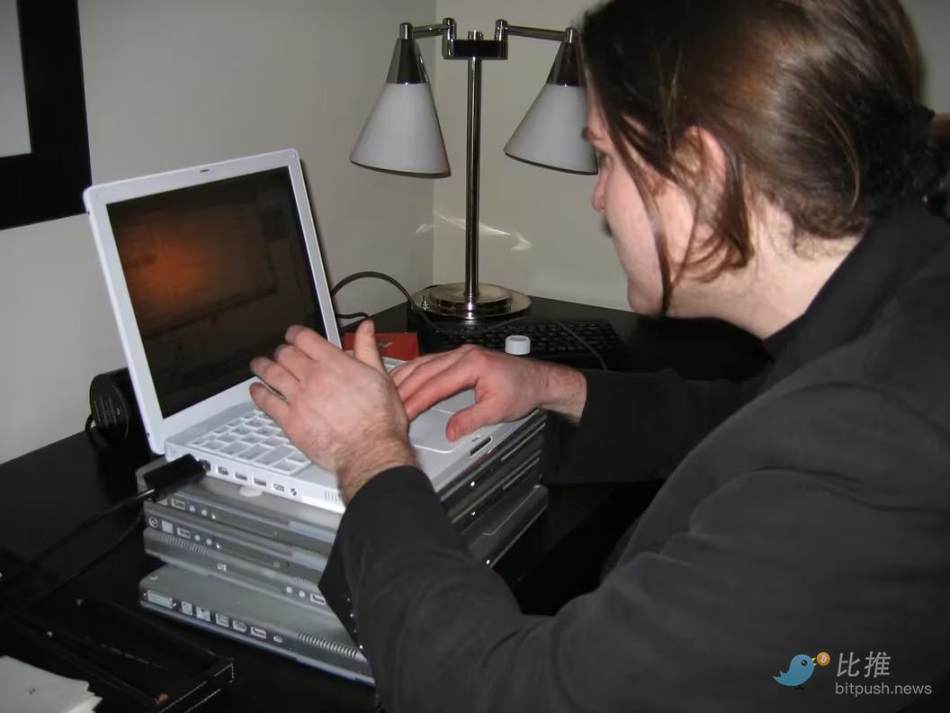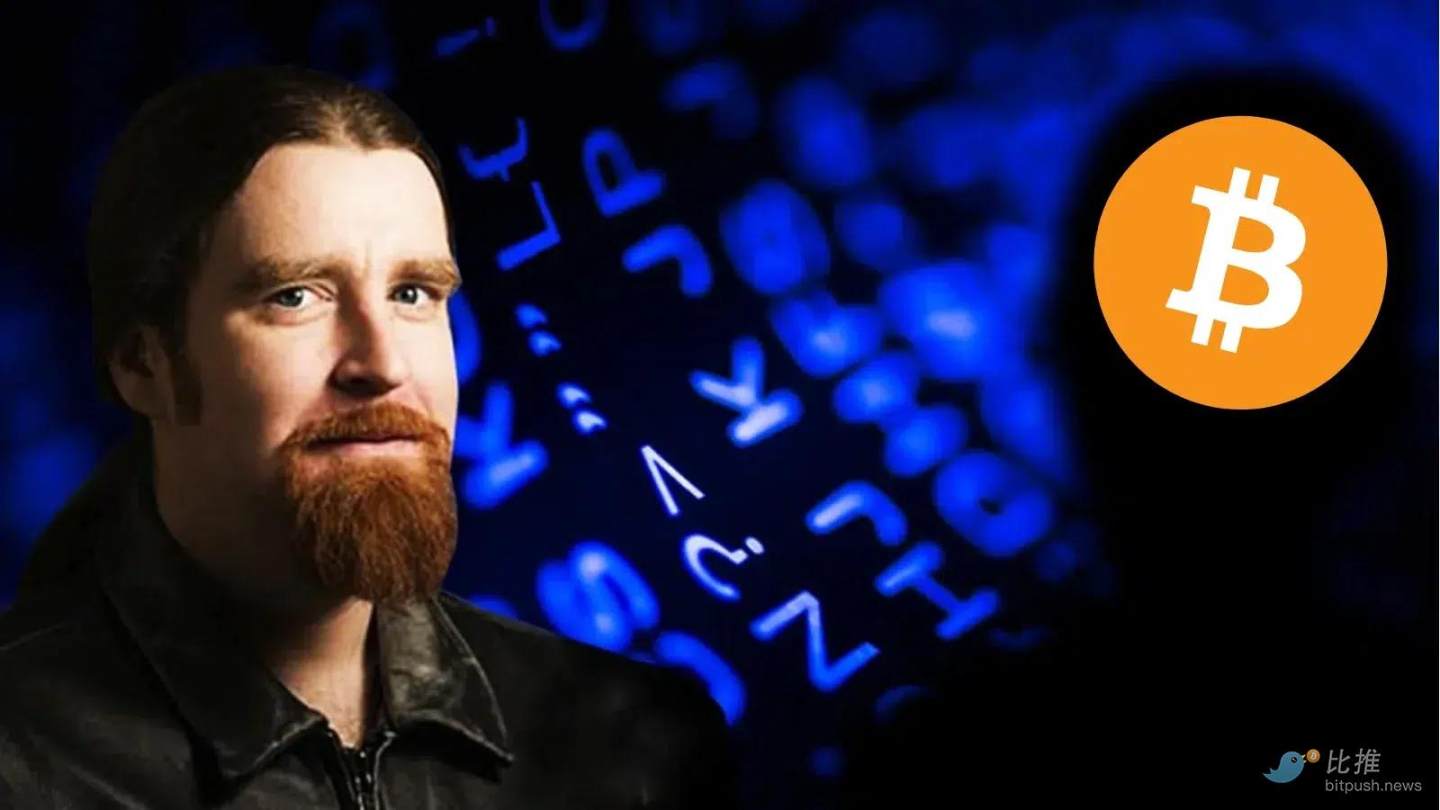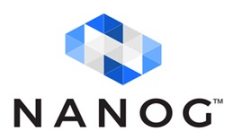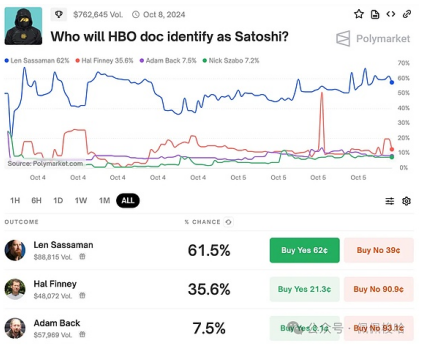His death coincided with the disappearance of the world's most famous cypherpunk, Satoshi Nakamoto.
Written by: Justin Newton
Translated by: BitpushNews Mary Liu
Len Sassaman was poised to become one of the most important cryptographers of his time, a true cypherpunk—talented, unconventional, and idealistic.
Len dedicated his life to defending personal freedom through cryptography, having worked as a developer of PGP encryption and open-source privacy technologies, and served as an academic cryptographer researching P2P networks under the guidance of blockchain inventor David Chaum.
However, after a long struggle with depression and functional neurological disorders, Len tragically took his own life on July 3, 2011, at the age of 31.
His death coincided with the disappearance of the world's most famous cypherpunk: Satoshi Nakamoto. Just two months before Len's passing, Nakamoto sent their final communication: "I have moved on to other things and may not be here again in the future."
Main Text:
A documentary that premiered on HBO on Tuesday has reignited speculation that my late friend Len Sassaman was the anonymous inventor of Bitcoin, Satoshi Nakamoto.
The documentary's producers claim to have had face-to-face conversations with someone they believe to be Nakamoto, making it unlikely that Len, who died by suicide in 2011, was their interlocutor. Nevertheless, others have elaborated on Len's technical capabilities, which make him a "logical" candidate for Nakamoto.
Regardless of how the HBO film defines it, I would like to share what I know about Len and why I also believe he could be Satoshi Nakamoto.

Len Sassaman, photographed around 2006
When I met Len Sassaman, he was wearing a wrinkled jacket and a tie. We were in the living room of history teacher Thomas Ruth, at the Hill School, a boarding school in Pottstown, Pennsylvania. Len was a junior at the time, and I, as an alumnus (then working in the data center field), had just returned from the San Francisco Bay Area to visit Mr. Ruth and spend a long weekend.
Len was sitting on the couch, and I was in a chair next to him. My mentor Thomas was known for caring for children who struggled to grow or fit in socially. Len was one of those children; he had difficulty maintaining normal eye contact and would greatly downplay his achievements.
Despite being only 16, Len had already shown potential to become a computer scientist. Thomas asked me if I would be willing to be a friend in that field, helping Len find his footing and path in society. Thomas had helped me a lot, so I gladly agreed. We spent about two and a half hours in Thomas's living room on the first day, drinking hot tea that was equivalent to Jolt Cola, as it was fully sugared and had twice the caffeine content of regular tea.
Looking back on that conversation, I remember many of the things we discussed that day, and in hindsight, Len's thoughts were very much in line with those of Satoshi Nakamoto.
Another mentor of mine had pointed out to me how technology and history cyclically influence each other, and how great inventions change society and the world. I shared this moment of insight with Len: great skills in technology can serve as leverage, and if pulled tight enough, can push the world in the direction we want it to go.
It was during this discussion that Len transformed from passive, shy, and introverted to passionate and engaged.
Before this, he had lived in a world shaped by popular kids; upon seeing a path where he could help shape the future without having to be in the spotlight, his posture immediately changed significantly, from slouched to sitting up straight and leaning forward, his eyes shifting from downcast to wide open, looking directly at me.

At this point, my teacher sat in his chair, wearing a knowing smile, occasionally getting up to ensure that both Len and I had enough of that famous caffeine-rich drink to keep the conversation going.
For the next few hours, we discussed the importance of freedom of communication, online anonymity, and the democratization of information. The conversation included developing open-source software and standards, expressing our values through code, creating software that could change the world, and predicting some of those impacts.
Silicon Valley Years
Shortly after I moved to Los Angeles to work for the internet service provider NetZero, Len moved to San Francisco. I introduced him to my friends in the North American Network Operators (NANOG) and Internet Engineering Task Force (IETF) communities, bringing him into my circle and setting him on a path to find his own.

For about the next ten years, we maintained a relatively close connection. There would be times when we lost touch, and then I would receive an email or text asking, "Do you have time for a call?" with no background context.
Some calls were quick inquiries for career advice when he was considering job opportunities or whether he should stay in a position that didn't fully attract him. These were usually quick calls, as he just needed a trusted industry person to validate his thoughts or observations.
Longer calls resembled the conversations we had on the couch at my mentor's house. We spent hours discussing the value of open and permissionless innovation, and the importance of a network that allows people to build without permission.
We spent hours discussing the trade-offs between allowing bad actors to do bad things and enabling good people to act quickly without waiting for slow, conservative institutional approval.
Ultimately, we agreed that the network itself should be completely open, and controls should be established at other levels, either using technology where possible or the law when absolutely necessary.
This principle is at the core of Bitcoin and perhaps its most valuable and enduring feature.
Satoshi? Maybe
Many have provided logical reasons why Len could not be Satoshi, but in my view, these people do not understand what kind of person Len was.
Here are my responses to their points:
"Len was not wealthy in the past, and his family is not wealthy now."—Len believed that the purpose of working in technology was not to get rich but to create the future we all want to live in. This aligns with the fact that Satoshi never profited from Bitcoin in the way he or she or they could have, as the tokens mined by the creator have not moved. I can 100% imagine Len destroying the private keys to his mining wallet to ensure that he or anyone else could not profit from his work.
"Len was a skeptic of Bitcoin and criticized it on Twitter."—Len often offered harsh critiques of projects he was deeply involved in. One of his personality traits was to reflect on how his work could be better, even when it was already excellent. If he were indeed Satoshi, publicly voicing these criticisms would be a good way for him to maintain anonymity and distance.
A few additional points:
Len firmly believed in establishing an open and permissionless network to foster innovation. This characteristic of Bitcoin initially attracted me, and I would not be surprised if Len built such a network.
Len 100% believed that individual rights supersede authority. At the same time, he was not the type of libertarian who flooded into the early Bitcoin community. I can be sure that if he were Satoshi, seeing his creation exploited by those who got rich overnight might have led him to abandon the project and possibly exacerbate his depression.

It should be noted: Len and I never discussed Bitcoin, and if he were Satoshi, I can easily understand why he wouldn’t want to discuss Bitcoin with me or any of our friends. Ultimately, I do not know if he is Satoshi. But given his skills and character, it would not be surprising if he were.
In any case, Len was a great person, and he deserved better treatment than the world gave him. His memory shines brightly in my heart.
Thanks to Carl Jay Pardini, one of Len's high school friends, for reviewing and verifying this article.
免责声明:本文章仅代表作者个人观点,不代表本平台的立场和观点。本文章仅供信息分享,不构成对任何人的任何投资建议。用户与作者之间的任何争议,与本平台无关。如网页中刊载的文章或图片涉及侵权,请提供相关的权利证明和身份证明发送邮件到support@aicoin.com,本平台相关工作人员将会进行核查。




